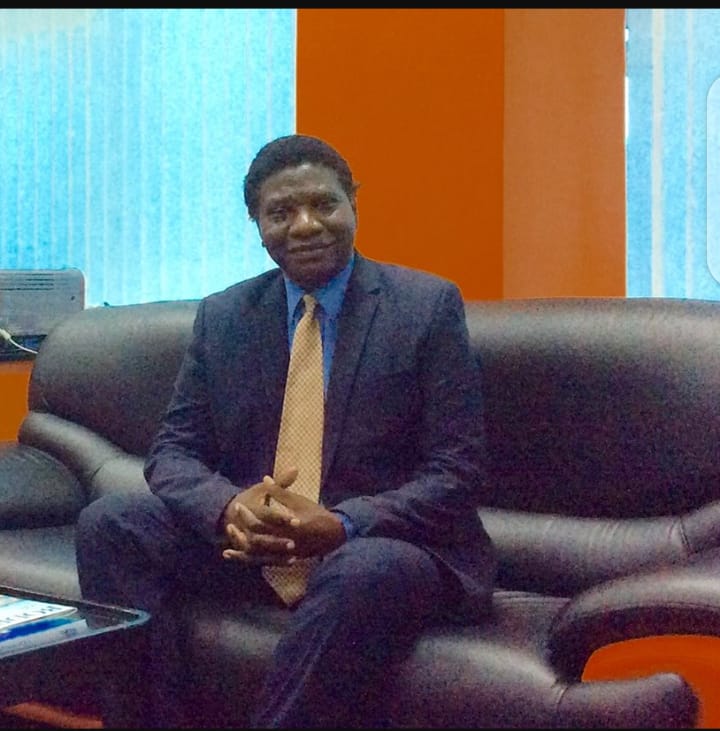African Governments have been called upon to urgently initiate reforms to bridge the digital gender divide currently being experienced on the continent.
Paradigm Initiative (PIN), a leading Pan African organization advocating for digital rights and inclusion in the region, made the call as it joined countries worldwide in commemorating International Women’s Day under the theme, DigitALL: Innovation and technology for gender equality. A common form of equality breach is the widened access gap to digital technologies, termed the digital divide and, more emphatically, digital exclusion.
“Today, we bemoan the extent of the digital divide across Africa and call for urgent reforms. We note with concern the online barriers that violently expel women from participating meaningfully on the Internet. We call for policies and practices that enable women to connect and stay on board, without digital discrimination.”
Paradigm Initiative, which every year publishes Londa, a report highlighting the state of digital rights and inclusion in Africa, said women in their diverse capacities, including women journalists, politicians, and celebrities, are subjected to various attacks manifesting in the form of cyber harassment, non-consensual sharing of intimate images and trolling, pushing many from the Internet.
The 2021 edition of the report elaborates on the realities of the rampant exclusion of women from online platforms due to online gender-based violence and poor access to digital technologies. Without digital security, women cannot engage meaningfully online.
Ms. Thobekile Matimbe, the organization’s Senior Manager, Partnerships, and Engagements, was categorical that a dual approach is imperative for women to be safe online. “We need legislative frameworks that create a safe space for women online and hold perpetrators accountable on one hand and security sector practices that acknowledge the problem and hold perpetrators to account,” she said.
In addition to the above, government policies and budgeting, as highlighted in Londa 2021, should reflect a conscious effort to address digital inequalities as this ensures women have better access to devices such as smartphones and affordable data to be online.
PIN researches women’s rights online, including access issues and online gender-based violence, to provide facts and figures in an otherwise under-reported area. It also provides litigation support and guidance to help navigate the legal system where rights have been violated and reported on the organization’s digital reporting platform, ripoti.africa.
Paradigm Initiative believes that access to digital technologies and the internet are fundamental enabling rights, is committed to working with partners in Africa to bridge the digital divide and empower women.
According to the International Telecommunication Union (ITU), in 2022, 62% of men were using the Internet compared with 57% of women globally, while in the least developed countries, 19 % of women used the Internet in 2020, compared with 86 % in developed countries in 2019.
Gaps in Internet access, digital skills, and participation in science, technology, engineering, and maths (STEM) fields were cited by ITU as some categories of the global digital gender divide. This divide is particularly stark in rural areas, where women often have limited access to education and economic opportunities.
The organization further urged African governments to adhere to Resolution 522 on the Protection of Women Against Digital Violence in Africa passed by the African Commission on Human and Peoples’ Rights at the 72nd Ordinary Session in 2022, which, among other things:
-Calls on the states to review and adopt legislation that counteracts all forms of violence, including online gender-based violence.
-Protect women from online gender-based violence and conduct research on digital violence against women.
-Close the digital gender divide by empowering women with digital technology education and include adequate budget allocations within national budgets that address digital inequalities.












